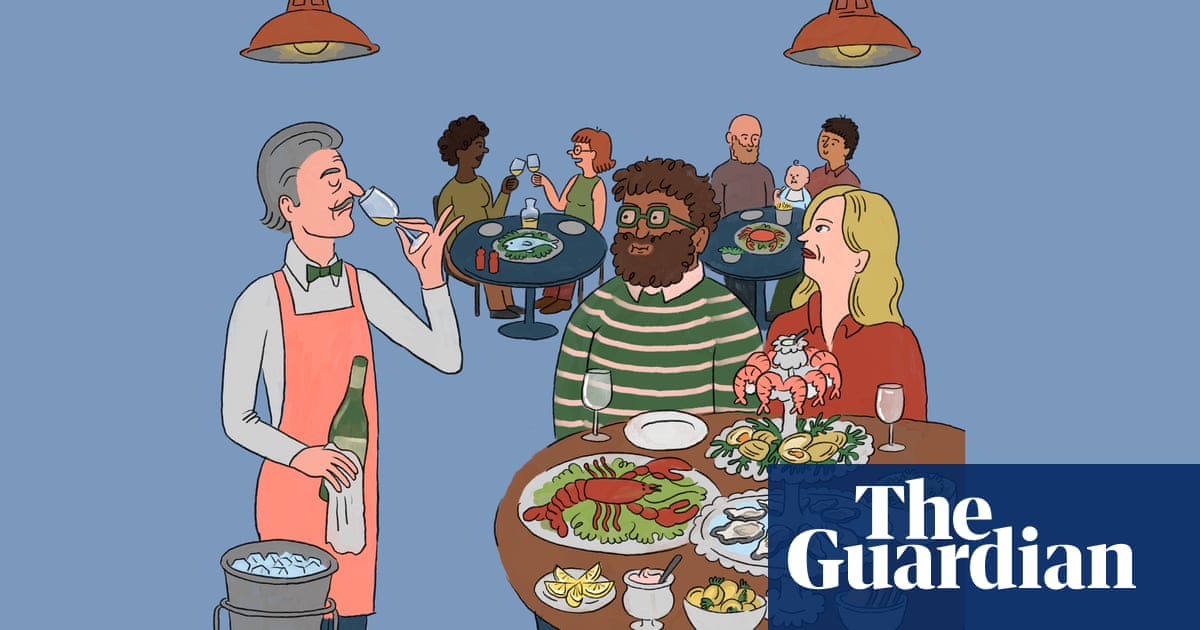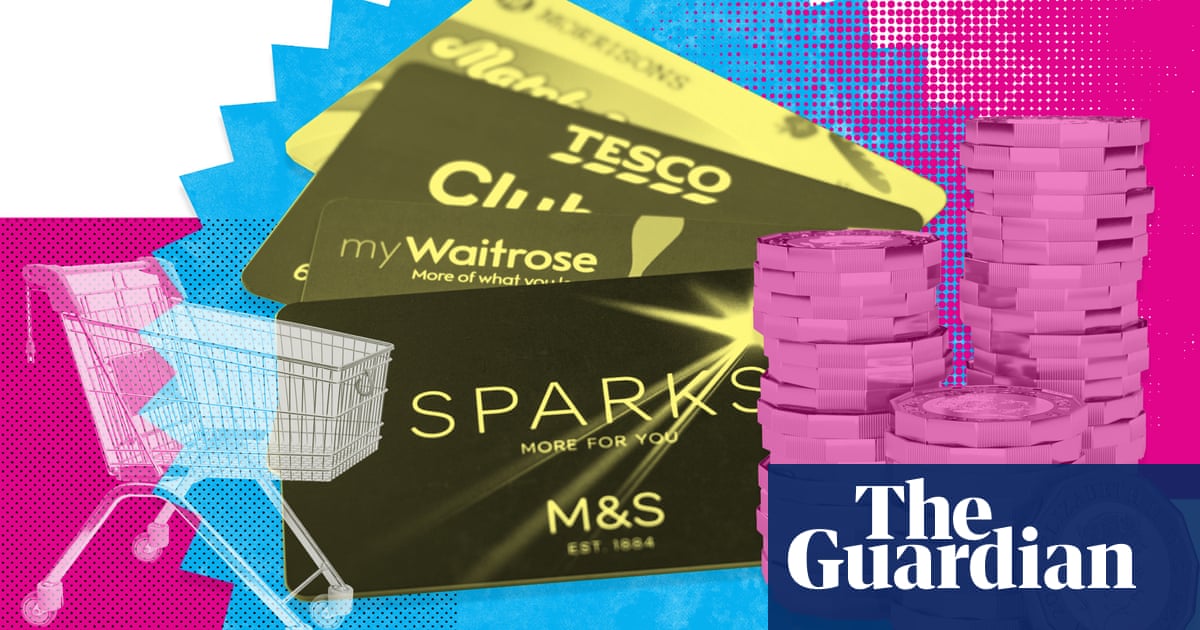
The customer is always right
TRUE Fred Sirieix, former restaurant general manager turned reality TV star and author of Wine Uncorked, insists that this goes without saying: “Of course the customer is always right!” he says, adding a dismissive “Pffft” by way of Gallic emphasis. “Customers pay for all our livelihoods, so restaurants should bend over backwards to give them what they want … or at least give the impression that they’re doing so.” After all, the aim is to make them feel so welcome that they come back: “You know you’ve done your job well when a guest books a return visit as they’re heading out of the door.”
Stosie Madi, however, disagrees, at least to an extent. “How can the customer be right when it comes to how we choose to serve a dish?” asks the chef and co-owner of The Parkers Arms near Clitheroe, Lancashire, recently named the UK’s best gastropub. “They mostly don’t have a flying clue how kitchens or costs work, either. Don’t get me wrong, if something’s over- or undercooked, or cold when it’s meant to be hot, it’s 100% fine to complain, but finger-clicking rudeness is way out of order. People aren’t in this industry to be abused.”
At the end of the day, says Angela Hartnett, chef and owner of Michelin-starred Murano and three Cafe Muranos in London, it’s more about being candid with yourself: “I’d guess this is 90% true: ask if you maybe screwed up, and the answer is yes, probably.”
The chef is always right
FALSE “You’re kidding me, right?” laughs Hartnett. “If a guest wants meat well done rather than medium, just give it to them, irrespective of your own opinion. After all, they’re paying for it.” That’s not to say you can’t try to steer them, but it’s ultimately their decision, not the cook’s: “I mean, I can’t talk – I like ice in my wine, which gives most sommeliers a fit of the vapours.”
Madi agrees: “The front of house deal with guests face-to-face, and know them much better than us lot back in the kitchen, so I’m happy to take my lead from them.”
Michelin stars are an indicator of quality
FALSE “No chuffing way,” Madi says. “That’s not to say I don’t respect them – the work and sacrifice those guys put in is monumental, but you could say the same about the industry as a whole.”
Even Hartnett, holder of a star herself, kind of concurs: “More than anything, Michelin indicates a particular level of consistency, as well as a certain style of dining. It’s not that places without stars are necessarily inconsistent, it’s just that you can be confident that a place with a star is 99.99% going to be bang on the money every single time.”
You can’t get a table at a fully booked restaurant
FALSE “I never turned anyone away, ever,” Sirieix insists. “There’s always a way to fit a guest in.” That might involve asking them to wait while table four finishes their pudding, or to come back in an hour, but the job’s all about getting them a table any which way. “If need be, call a carpenter and ask them to make you one.”
You don’t need to try the wine when you’re offered it – just let them pour
FALSE “Always try the wine if it’s offered to you,” says self-confessed grape nerd Dan Keeling, wine merchant and co-owner of Noble Rot’s three wine bars and restaurants in London. “You’re tasting to see if it’s corked or oxidised, and not every restaurant is skilled or scrupulous enough to keep its wine in perfect condition.” In some very wine-focused establishments, the sommelier might even discreetly take away the open bottle and check it’s OK on your behalf, so don’t complain when they return and there’s a very small sip missing.
“You’re not being poured the wine to pass judgment on whether or not you like it, though,” Keeling adds. “Few restaurants have the capacity to open and discard multiple bottles based on the whims of your taste.”
Places with long menus are always terrible
TRUE and FALSE “In western cooking, I’d say that’s very true,” Madi says, “but you can’t put many other cuisines into the same bracket. In the Middle East, for instance, you’d never be served just the one dish – rices, sauces, breads and dips all come on the side as a matter of course – so they tend to have longer menus, because that’s the way they’ve always done it.”
But it does depend on whether the restaurant is busy, Hartnett says: “Quite apart from the fact that many places with long menus buy a lot of it in ready-made, judge them by how many bums they have on seats – if it’s relatively empty, you have to wonder how they can possibly keep on top of all that stock.”
Never order fish on a Monday
TRUE and FALSE “In a city, yes, that might be the case,” says Nathan Outlaw, chef and owner of Outlaw’s New Road and Outlaw’s Fish Kitchen, both in Port Isaac in Cornwall. “Assuming that it hasn’t been flown in by helicopter, the fish you’re served in a London restaurant on Monday probably got to market on the Friday or even the Thursday before, so it won’t be at its best.” And that’s without factoring in how long it took to get there before that.
It’s different by the coast, though: “The fish I cook on Monday will have been caught on Sunday or even that same morning,” Outlaw adds. “But then, I can see the sea from my kitchen, so don’t have quite the same supply issues.”
Only order oysters (and other shellfish) when there’s an R in the month
FALSE This old saying is a relic of the days when summer algal blooms could cause a bit of an issue. “All shellfish now has to go through UV filtration for 48 hours before we can even think of serving it,” Outlaw explains. “As long as it’s from a well-managed fishery, it’ll be fine.” That’s not to say it’s entirely plain sailing: “Oysters turn milky when they spawn, so aren’t quite as pretty as you’d like, but they’re still OK to eat.”
The word homemade on a menu means it’s made in-house
FALSE “If our menu says the pasta is hand-rolled, that’s because it is,” Hartnett says, though she accepts that not everyone is quite so honest.
But, as Madi points out, “If a product is good and the guests like it, what’s the problem? Many big operators use factory-like dark kitchens that supply ‘homemade’ scotch eggs and pies to lots of restaurants, but I’d say smaller places, especially where the cook lives upstairs, tend to make everything themselves.”
The service charge goes to the staff
FALSE “It should,” Sirieix says, but it’s a fair bit more complex than that, not least because, industry-wide, “there’s no one rule that applies to everyone, so everyone operates differently”.
First off, define “staff” – front of house and kitchen only? Or should you also include the marketing team, cleaners, the reservations desk? “It’s all very murky,” Sirieix says, “and so many people don’t understand it, both in the industry and out.” The service charge isn’t subject to national insurance or VAT, either, which adds a whole other level of complications: “I almost missed out on my first flat because the mortgage guy wouldn’t accept that about 20% of my regular pay always came from tips.”
The second-cheapest wine on the list is a rip-off
FALSE “The holy grail of any list is to have a really great house wine,” Keeling says, “so the next step up needs to be at least as good. Ours is a belter, even if I say so myself.” Sure, there will always be less diligent establishments that “palm off rubbish to get rid of unwanted stock, but they’re very much the exception”.
Executive chefs are never in the kitchen
TRUE Hartnett, who oversees four busy London kitchens as well as various other ventures, says it would be “physically impossible to be in each and every one of them every day”. That sentiment is supported by Outlaw, who, while he’s downsized his operations in recent years, also used to run restaurants in London and Dubai: “There’s no way an exec chef can work across all their kitchens. The job’s essentially a management role, and more about orchestrating a team than being a hands-on cook.”
Early sittings are best
TRUE “Personally, I’m all about the noon or 6pm booking,” Outlaw says. “You get better food and service when no one’s under pressure and there are only a few orders to deal with.”
As Keeling points out, “Good restaurants deal with demand for sought-after table times by staggering bookings or pacing the service by offering guests a drink at the bar first.”
Dave Strauss, co-owner of current London hotspot Bouchon Racine, which last month was voted 2022’s best new opening at the annual National Restaurant Aawards, concurs: “By far the best table is the early sitting, when the first plates start going out of an unstressed kitchen. The guests might not notice it but, behind the scenes, the 1pm and 7.30pm services are often a total shitshow.”












